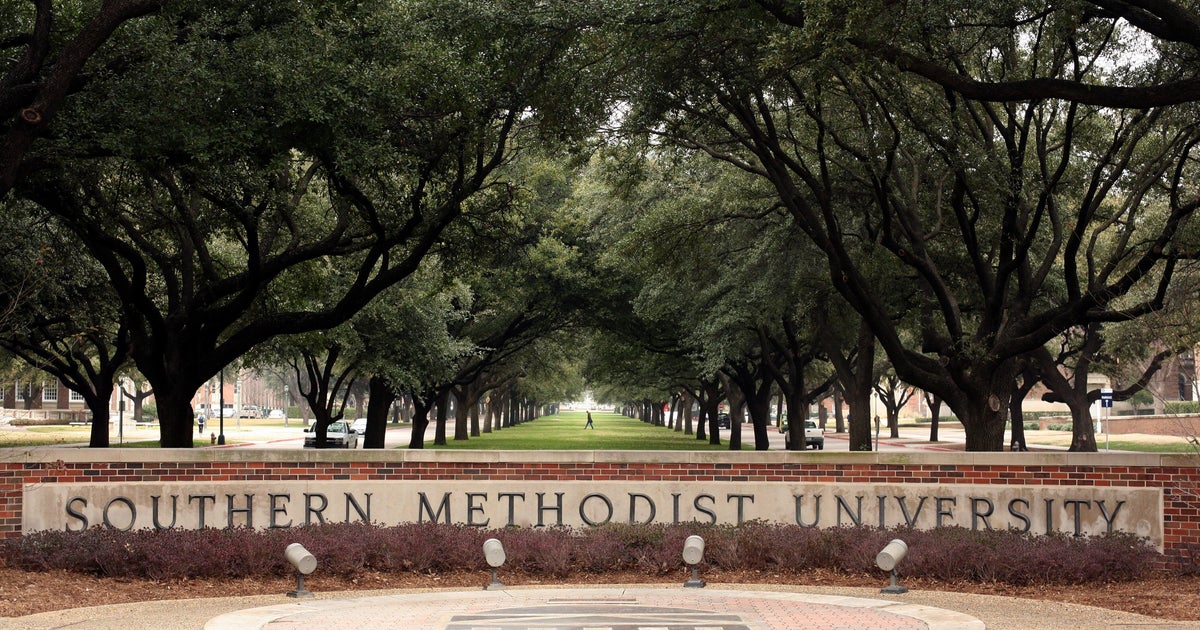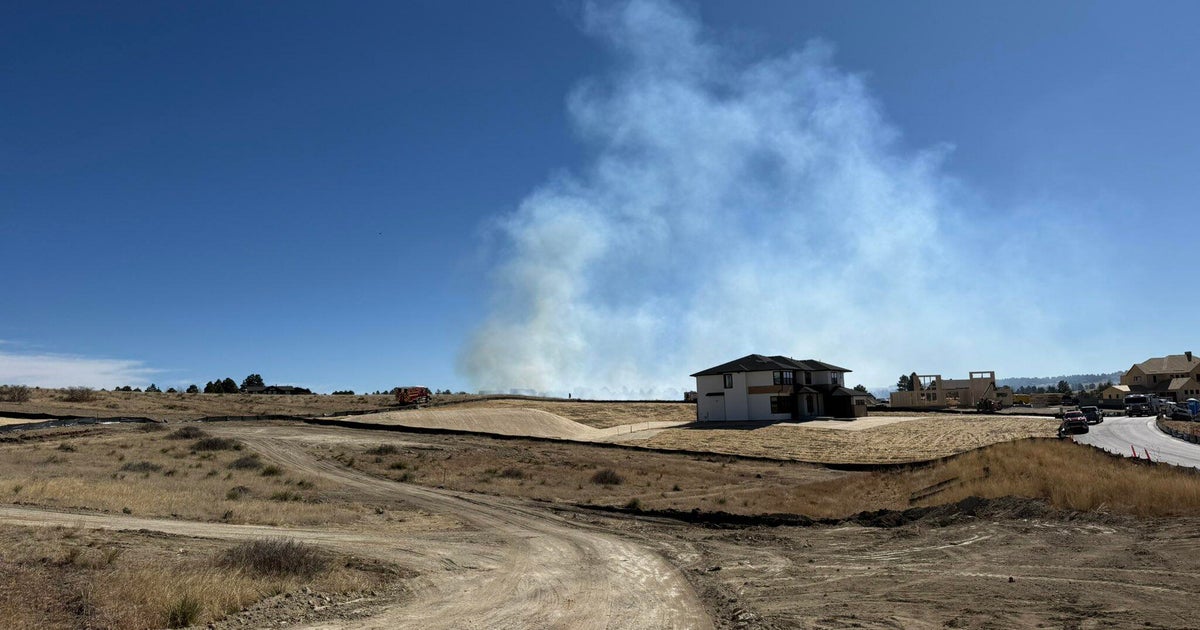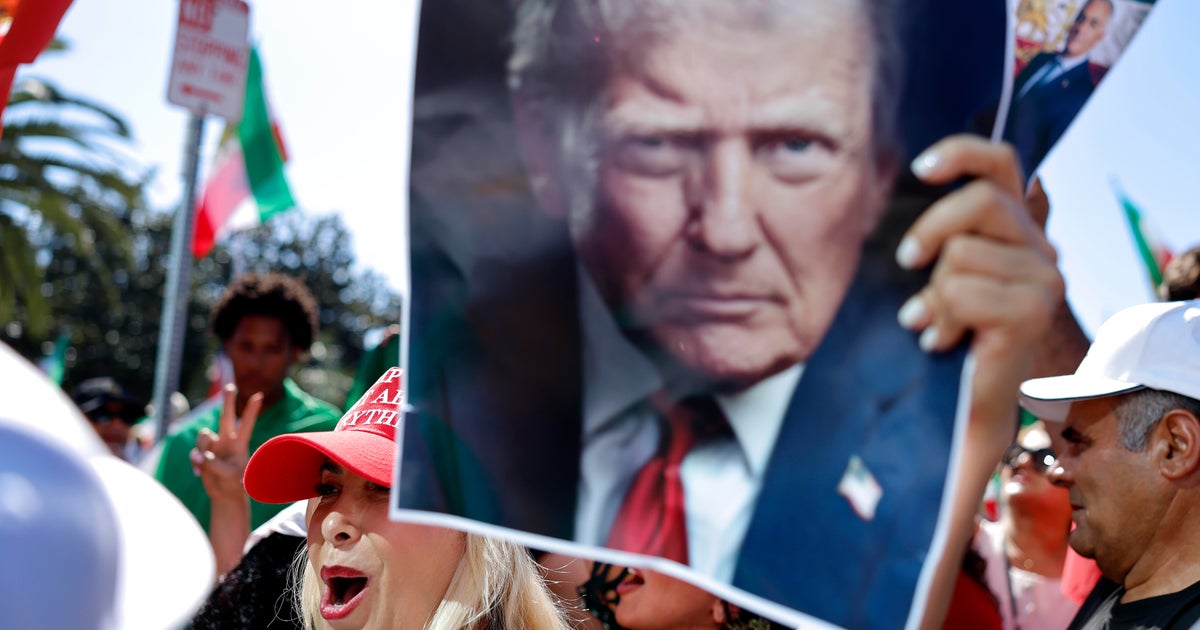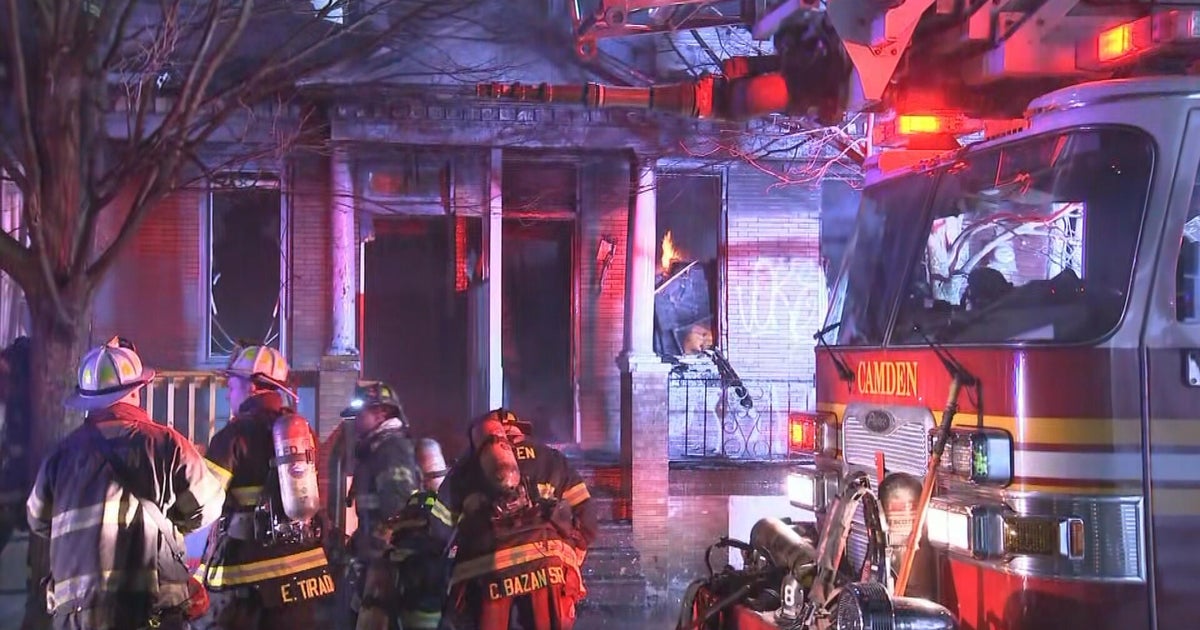US Orders The Closure Of Chinese Consulate In Houston To 'Protect American Intellectual Property'
BEIJING (CBSDFW.COM/AP) — After an overnight fire, the United States government has ordered China to close its consulate in Houston "to protect American intellectual property and American's private information."
China strongly condemned the move, the latest in a series of steps by the Trump administration as it ratchets up pressure on the world's second-largest economy over trade, technology, human rights and security.
Firefighters responded to reports of a fire and papers being burned in the courtyard of the Consulate General of China, along Montrose Boulevard, in Houston's Midtown area.
The Houston Chronicle is reporting that police were told occupants at the embassy had been given until 4 p.m. Friday to leave the property.
Houston police said in a tweet that officers responded to "a meet the firefighter" call at the Consulate building and that smoke was observed in an outdoor area, but that officers were not allowed to enter the building.
The U.S., in a brief statement, did not provide any details on why the consulate in Texas was targeted.
"The United States will not tolerate (China's) violations of our sovereignty and intimidation of our people, just as we have not tolerated (its) unfair trade practices, theft of American jobs, and other egregious behavior," said the statement, which was attributed to State Department spokesperson Morgan Ortagus.
The consulate was informed of the decision Tuesday, Chinese foreign ministry spokesperson Wang Wenbin said, calling it "an outrageous and unjustified move that will sabotage relations between the two countries."
"The unilateral closure of China's consulate general in Houston within a short period of time is an unprecedented escalation of its recent actions against China," Wang said at a daily news briefing in Beijing.
He warned of firm countermeasures if the U.S. does not reverse itself. Besides its embassy in Beijing, the U.S. has five consulates in mainland China, according to its website. They are in Shanghai, Guangzhou, Chengdu, Wuhan and Shenyang.
Wang accused the U.S. of opening Chinese diplomatic pouches without permission multiple times, confiscating Chinese items for official use and imposing restrictions on Chinese diplomats in the U.S. last October and again in June. He also said that U.S. diplomats in China engage in infiltration activities.
"If we compare the two, it is only too evident which is engaged in interference, infiltration and confrontation," Wang said.
He also said that the Chinese Embassy in Washington has received bomb and death threats, and accused the U.S. government of fanning hatred against China.
President Donald Trump, his reelection prospects damaged by the coronavirus outbreak, has blamed China repeatedly for the pandemic. Almost every day brings a fresh U.S. action against what Trump has called the rising Asian superpower's exploitation of America.
Already this week, the Commerce Department has sanctioned 11 Chinese companies over alleged human rights abuses in the Xinjiang region and the Justice Department said two Chinese stole intellectual property and targeted companies developing coronavirus vaccines.
Secretary of State Mike Pompeo is expected to continue the attacks Thursday in a speech on U.S.-China relations at the Nixon Library in California.
Chinese Foreign Minister Wang Yi, saying U.S.-China relations face their most severe challenge since diplomatic ties were established in 1979, asked recently if the two nations would be able to stay the course after a more than four-decade voyage.
Besides its embassy in Beijing, the U.S. has five consulates in mainland China, according to its website. They are in Shanghai, Guangzhou, Chengdu, Wuhan and Shenyang.
(© Copyright 2020 CBS Broadcasting Inc. All Rights Reserved. The Associated Press contributed to this report.)







